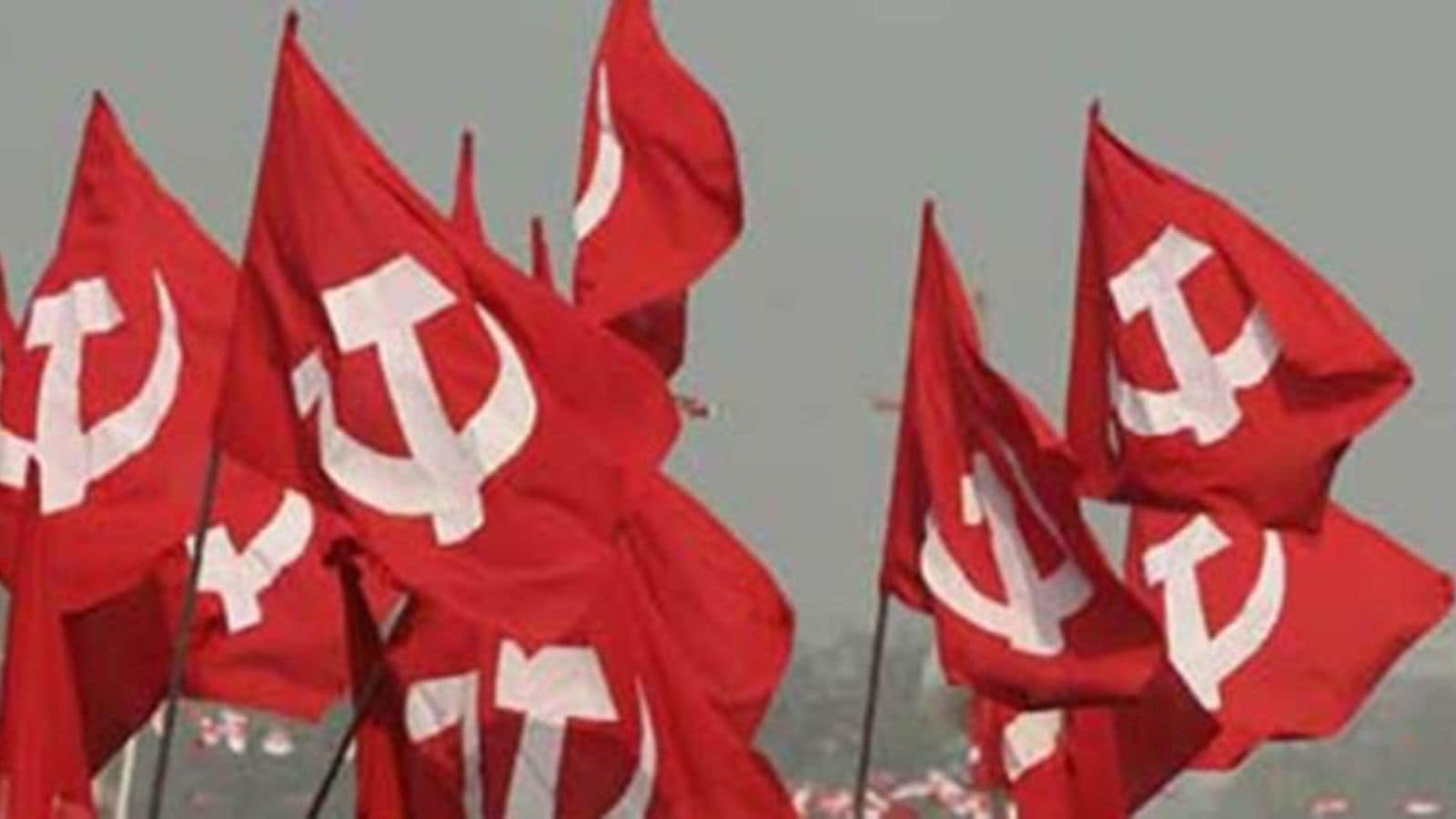CPI(M) Bengal Eyes 'Alternative Schools' & Health Camps to Woo Voters Before 2026 Elections

The Communist Party of India (Marxist) in West Bengal is gearing up for the 2026 Assembly elections with a proactive strategy that extends beyond traditional political rallies. A recent directive to party members outlines a plan to establish 'alternative schools,' tuition centres, and health camps across the state, signaling a concerted effort to connect with voters on a grassroots level and address local needs.
This ambitious initiative, detailed in a letter sent to party ranks at the start of the year, aims to build a strong foundation of support by providing tangible benefits to communities. The party has mandated the formation of booth committees in every polling booth by June 30th, ensuring a robust organizational structure to oversee these programs and mobilize volunteers.
Focus on Education and Healthcare
The concept of 'alternative schools' is particularly intriguing. While details remain scarce, it's believed these could encompass supplementary education programs, skill-building workshops, or initiatives focusing on underserved students. The provision of tuition centres further reinforces the party's commitment to improving educational opportunities, especially in areas where access to quality schooling is limited.
Recognizing the importance of healthcare, the planned health camps aim to provide basic medical services and awareness campaigns to communities lacking adequate access to healthcare facilities. This outreach could involve free check-ups, health screenings, and educational sessions on preventative care.
Building Grassroots Support
The emphasis on booth committees is crucial to the success of this strategy. These committees will be responsible for identifying local needs, coordinating program implementation, and engaging with residents. By empowering local party members, the CPI(M) hopes to foster a sense of ownership and build trust within communities.
Analysts suggest this move represents a shift in the CPI(M)'s approach to campaigning. Historically, the party has relied heavily on traditional methods. However, with the political landscape evolving, the CPI(M) appears to be adapting by focusing on direct engagement and addressing the everyday concerns of voters. The move is seen by some as an attempt to counter the popularity of the ruling Trinamool Congress, which has often emphasized welfare schemes and direct cash transfers.
Challenges and Opportunities
While the initiative holds promise, the CPI(M) faces several challenges. Ensuring the quality and sustainability of these programs will be critical. Funding and volunteer recruitment are also potential hurdles. Furthermore, the party will need to effectively communicate the purpose and impact of these initiatives to the public to avoid accusations of vote-buying.
Despite these challenges, the CPI(M)'s proactive approach demonstrates a willingness to innovate and connect with voters in meaningful ways. The success of this strategy could significantly influence the outcome of the 2026 Assembly elections and shape the future of West Bengal politics. The establishment of booth committees by June 30th marks the first step in a long and potentially transformative campaign.






